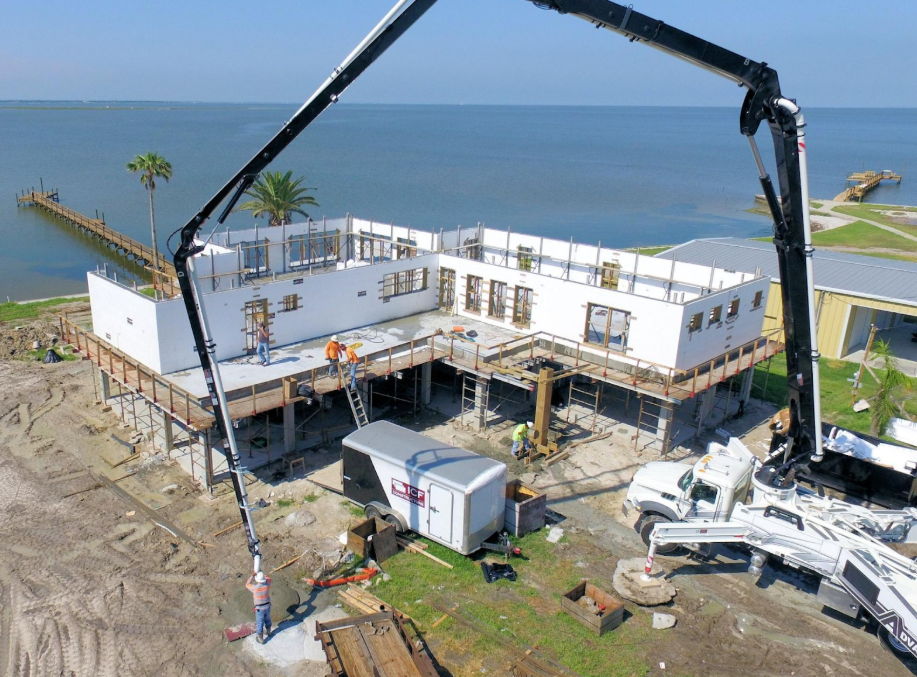
4 Alternative Materials for Wood in Construction
Wood has been a staple in construction for centuries. From the humble log cabin to the towering skyscrapers of modern metropolises, wood always seems to find its place in construction.
Simple Ways to Save Money On Your Build
As builders and buyers look to continually fight rising costs, making small changes and minor substitutions, as a way of value engineering, can largely impact the final cost of a build.

Insulating Your Dreams: Unraveling the Benefits of ICF Homes in Minnesota

14 Benchmarks for Improving Your Construction Business

The Importance of Contractor Training and Product Knowledge

5 Considerations for Your Next Convenience Store Construction Project

How Much Does an ICF Foundation Cost?
When it comes to building a sturdy, energy-efficient foundation for your home, insulated concrete form (ICF) technology is rapidly growing in popularity. By providing superior insulation, an ICF foundation can significantly reduce heating and cooling costs. Building an ICF foundation can also be easier and less labor-intensive than traditional construction due to the lightweight materials involved. However, the initial cost can sometimes be higher than traditional construction methods, so how much does an ICF foundation cost?

What is Concrete Pumping and How Does It Work?
Concrete pumping has changed the way contractors place concrete on job sites. Rather than hauling heavy loads in wheelbarrows or relying on cranes and buckets, a concrete pump delivers liquid concrete through a system of hoses, pipes, or booms — directly to the point of placement.
Manpower for 9,000 SF of ICF Wall Cut in Half!
“We completed 9,000 square-feet of wall in just five days with only five men. With normal masonry, it would have taken double the man power. Fox Blocks quality and ease of installation is important in an industry where time is money.”
![Can You Mix Metal and Wood Studs? [The Challenges and Alternatives]](https://dogk5k0c5kg4s.cloudfront.net/web/images/banners/Can-You-Mix-Metal-and-Wood-Studs.png?mtime=20231215115908&focal=none)
Can You Mix Metal and Wood Studs? Understanding the Mix and a Better Alternative